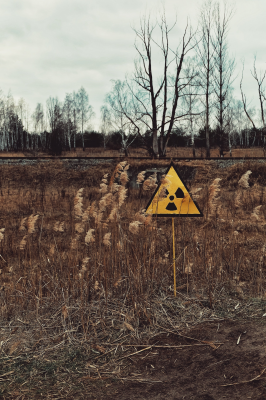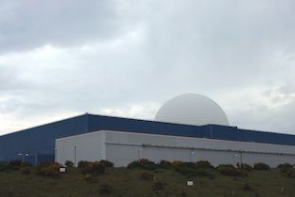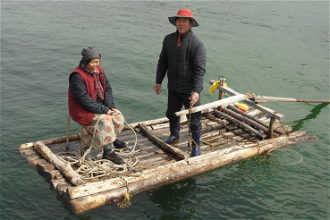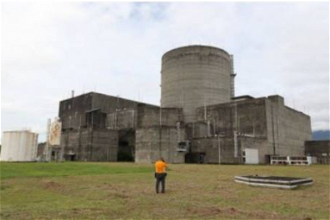Chernobyl anniversary revives nuclear energy concerns

Chernobyl countryside. Photo by Oleksandra Bardash on Unsplash
When the Chernobyl nuclear power plant's reactor No 4 exploded and burned during a test on 26 April 1986, it released about 400 times more radiation than the bombing at Hiroshima in 1945. That date is now an annual Chernobyl Disaster Remembrance Day.
But why should we remember?
First of all, we need to reflect that although the world's biggest nuclear accident may have happened 36 years ago, the Chernobyl plant and its vicinity is still one of the world's most dangerous places because of its radioactivity. And Russia's invasion of Ukraine, including Ukraine's Chernobyl site in the first weeks in February, has reminded us that nuclear power and war are a potentially lethal combination.
When thousands of tanks and troops rumbled into the forested Chernobyl exclusion zone, they churned up highly contaminated soil, risking the health of young Russian soldiers and local communities. And then the nuclear plant was occupied by Russian forces, with a lack of clarity over who was supervising the concrete-encased remains of the reactor that blew up in 1986. It marked the first time that occupying a nuclear plant was part of a nation's war strategy.
The concern reached beyond Chernobyl. Ukraine's 15 nuclear reactors, which typically generate over half of the country's power, all have worrisome vulnerabilities in a war zone. A recent Greenpeace International report suggested that, "existing risks of a severe incident at these nuclear plants have exponentially increased as a consequence of the Kremlin's war in Ukraine." It stated that the risks of major war are not built into the design of commercial nuclear power plants. Moreover, the International Atomic Energy Agency (IAEA) advised governments in 2021 to explicitly exclude the possibility of direct heavy armed attack on nuclear reactors from risk assessments!
Does Nuclear Power have a future?
On 8 April, British Prime Minister Boris Johnson announced the UK would build up to eight new nuclear plants by 2030 to ensure "we are never again subject to the vagaries of global oil and gas prices" and "can't be blackmailed by people like Vladimir Putin." He didn't make any reference to the unsolved problem of dealing with the safe disposal of nuclear waste.
However, more emphasis on energy efficiency and the promotion of green energy - such as solar and wind - are preferable to any expansion of nuclear power to meet energy needs, according to eco-theologian Fr Sean McDonagh. He points out that nuclear waste is carcinogenic and toxic and fossil fuels will be needed to transport and store nuclear waste for umpteen generations. Fr McDonagh feels the foundation of a secure energy system is to reduce demand for energy in the first place, and then to look to sources that are diverse, dispersed, renewable, and local.
In November 2019, after a visit to the site of Japan's nuclear disaster at Fukushima, and noting a call by Japan's Catholic bishops to abolish nuclear power outright, Pope Francis said: "In my personal opinion, I would not use nuclear energy until there is total security. There is not enough security to guarantee that there will not be a disaster."
In Britain, we could better insulate the UK's notoriously energy inefficient houses. Friends of the Earth UK suggests that if the government is serious about promoting energy security, it must come up with a plan to insulate millions of homes over the next few years. Ramping up renewable energy capacity in the UK would also be important. There are over 600 wind and solar projects in the UK that already have planning permission, so could be built quickly.
All food for thought on Chernobyl Disaster Remembrance Day.
LINK
Green Christian Factsheet on Green Energy: https://greenchristian.org.uk/green-energy-for-your-church-and-home/


















